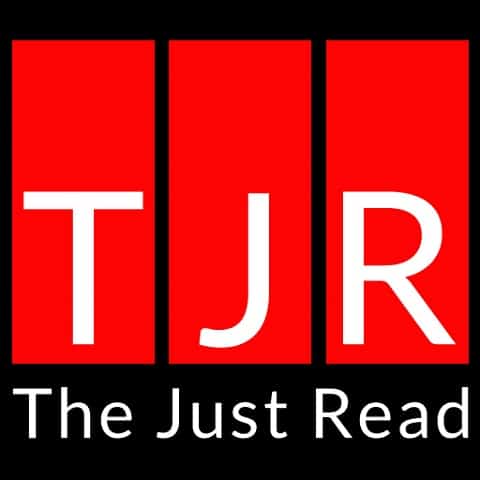What are VCCV Pattern Words?
VCCV patterns are words that contain a vowel-consonant- consonant-vowel syllable pattern. These syllable patterns are essential to teach your students as they help with the pronunciation and breaking up of a word. In each word, there is a syllable division. Each word will contain two syllables.
When a word has two vowels separated by two consonants, the syllable break will occur between the two consonants.
The vowel will usually take the shortened sound, i.e., the vowel will not say its name.
See the following VCCV words for your reference:
Identifying the Vowels
The first thing that children need to know is the actual name of the vowels (a, e, i, o, u, and sometimes y). You can teach them songs and rhymes to help them remember the names.
Ask children whose name begins with a vowel to stand up and say which letter their name starts with. Next, allow children who have one vowel in their first name to stand up, two vowels, and so on. This will keep your students active and engaged.
Once the students have learned the vowel sounds, they should be able to identify the consonants by the process of elimination.
Syllable Division
To teach the syllable breaks, ask the students to clap at each syllable or tap the table when they repeat the word back to you after you have modeled where the split is.
Jot down a list of words on the board. Ask the students first to identify the vowels and consonants in the word, then split the word between the consonants by drawing a downward line ( / ).
Example: hap/pen. Model the first word yourself to scaffold their understanding.
After that, ask the students to work in pairs or groups and create a list of their own VCCV pattern words. The students might come up with incorrect words, but as a facilitator, point the word out to them and let them identify if their word has a VCCV pattern or not. Again, provide support to the children depending on their learning ability.
Write the correct words on the board, label the vowels and show where the syllable break between the consonants is for each word. Label the vowels and consonants in two colors to cater to visual learners. Remember to clap each syllable as you go. This will benefit the auditory learners in the group.
Make it Fun
Prepare some flashcards with a picture on one side and a clue on the other. Split the class into groups and give each group a flashcard. Each group will take turns reading out the clue on their given flashcard while the other groups will think and answer.
For example:
Clue: An orange vegetable
Answer: Carrot
Clue: Another word for a bug
Answer: Insect
Exit Ticket
In order to assess the learning outcome, you can give students a worksheet. Click here for a sample worksheet you could use.
Either way, the main objective of your lesson is that students should be able to identify vowels and consonants in words and then decode the words correctly using the VCCV syllable pattern.
As always, It is recommended that you review the syllabic rules daily to reinforce learning and help the children retain the information.
Powerpoint Slides for Teaching VCCV Syllable Pattern
VCCV syllable pattern teacher's resource include complete lesson PowerPoint slides for teaching elementary grade students. We have also included some examples and activities for kids to understand the VCCV pattern word better.
Learning Objectives
Students should be able to:
- Use word parts to decode short vowel words with the syllable pattern VC/CV
- Blend and read words that contain the syllable pattern VC/CV
- Apply decoding strategies: blend longer words
Also Check: Declarative & Interrogative Sentences
You can preview the complete lesson video here
Download ppt Slides For This Lesson
Editable Lesson Slides included
We hope these lesson slides are helpful for you and your students. You can also check our other Lessons in Teachers Resources.
If you need any specific lessons, please feel free to contact us here.
